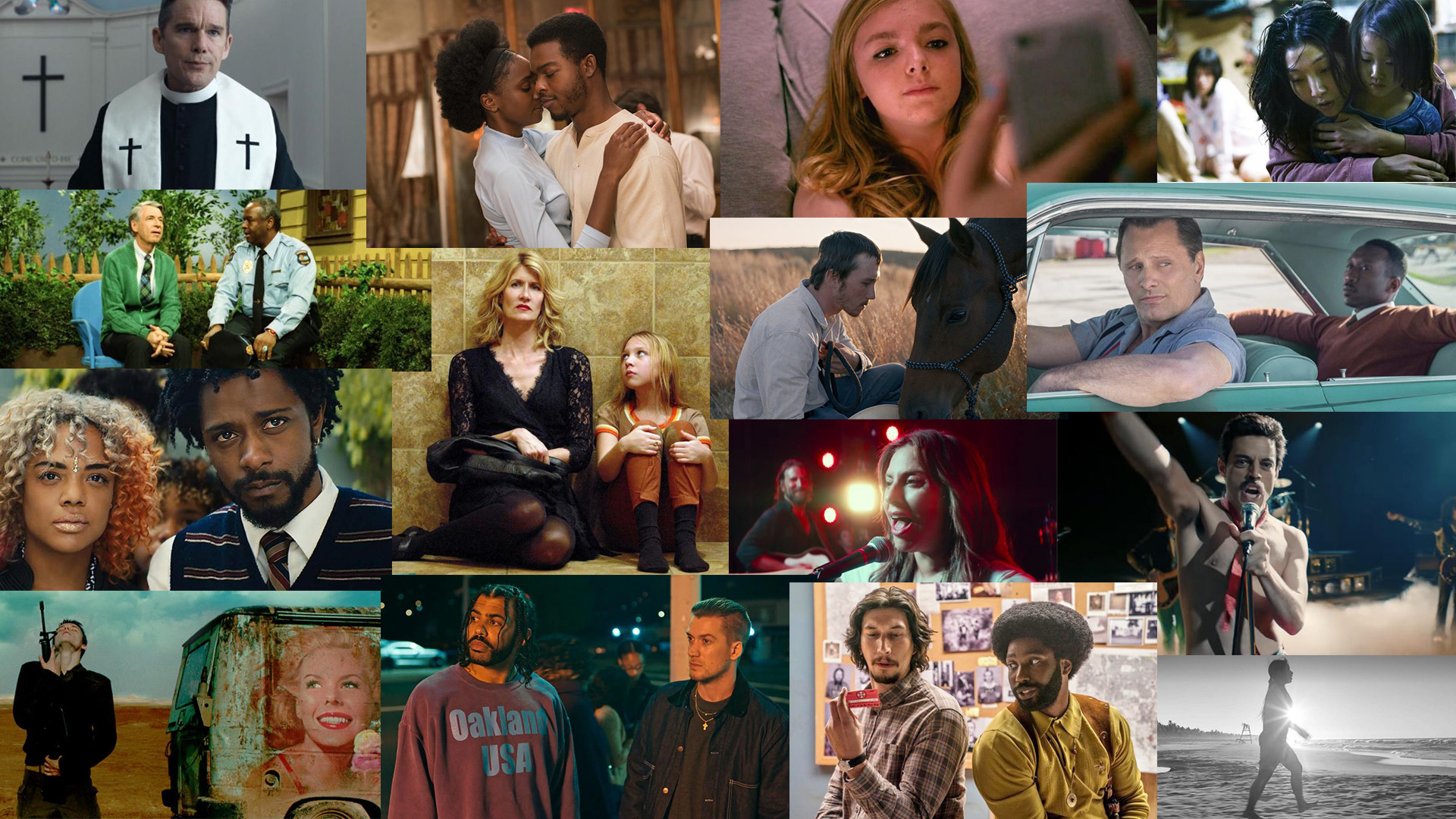With the Oscars just about a month away, we thought it was a good time to share this post from our President, Dr. Craig Detweiler, rounding up his top 12 films of 2018. As a filmmaker and writer, we appreciate Craig’s ability to celebrate a work of art both on its aesthetic merits and on how it reflects our cultural moment. From scathing satire to small human narratives, Craig’s list confirms that the cinematic art being made today—in the midst of (and perhaps because of) our cultural turmoil—is worth celebrating. This post originally appeared on Craig’s blog, along with a separate roundup of “The Best Genre Films of 2018.”
What a cinematic year uplifting the underdogs, the outsiders, and those on the margins. Our finest filmmakers dignify the oppressed and elevate the overlooked (as in the instant classic, Roma). Empathy can arise from unlikely sources, from a western rodeo story directed by a woman from Beijing (The Rider) to a nuanced portrait of 13 year-old girl made by a seemingly crass YouTube comedian (Eighth Grade). Such compassion and decency rose far above our hard-headed and hard-hearted politics. Righteous anger drove so many pictures towards savage satire and social commentary (like Sorry to Bother You). Mr. Rogers demonstrated how revolutionary kindness remains in Won’t You Be My Neighbor? Enduring films like Shoplifters continue to answer the ancient question, “Am I my brother and sister’s keeper?” with an emphatic, “Yes.”
While I haven’t seen all the highly acclaimed pictures from 2018 (including Cold War, Leave No Trace, and Burning), I have been so inspired by movies I did catch. This was the strongest year for African American stories that I have witnessed in my lifetime (including powerful films like The Hate U Give and Widows that didn’t make my Top 12). Filmmakers addressed ongoing cultural blindspots and the holes in our collective soul. Even Burden, the best unreleased film (and Sundance Audience Award Winner) embodied what we needed—hard-won hope amidst racial tension between Klan members and an African-American pastor. Burden occupied a painful spot that studios fear: too religious for mainstream audiences and too edgy for faith-based filmgoers. Will we have an opportunity to rally around this inspiring true story in 2019? We desperately need films that expand our empathy and embrace the Other.
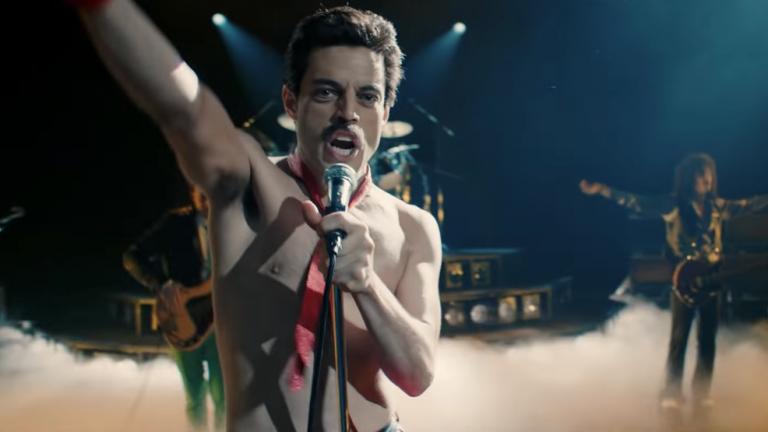
The best actors in 2018 elevated stories we’ve seen before to a new level of pathos. Rami Malek (in Bohemian Rhapsody) and Bradley Cooper (in A Star is Born) play tortured musicians who keep their demons at bay only while onstage. The gap between the joy of performing and the struggle to make peace with everyday life was so palpable in these musical biopics.
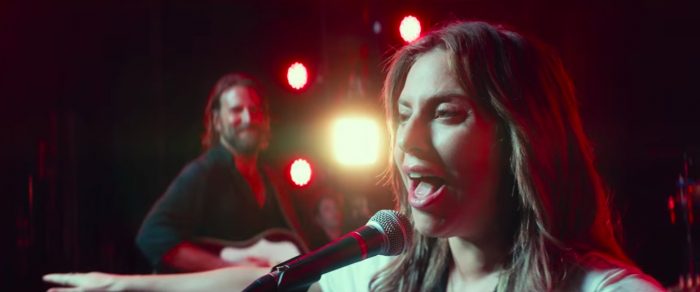
A Star is Born was also noteworthy in delivering the best song. The first hour of this old Hollywood story sizzles with romantic sparks that culminate in Lady Gaga busting out of her shell with “Shallow.” What a grand moment of movie magic.
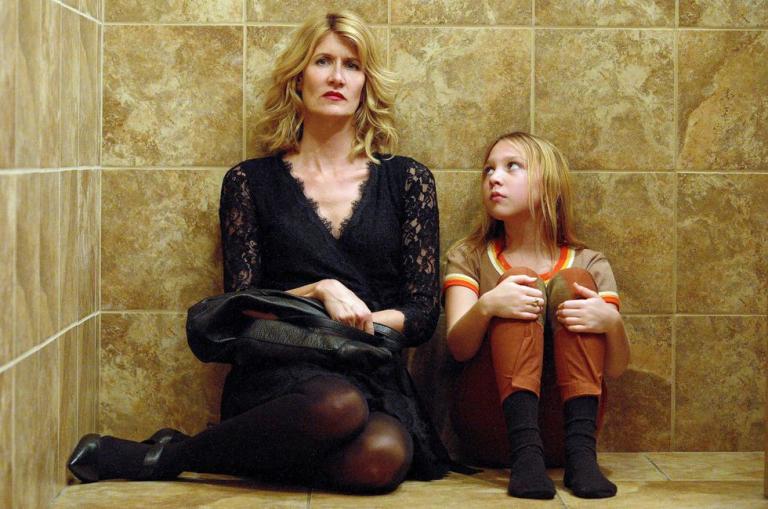
For best actress, Laura Dern in The Tale and Toni Collette in Hereditary both wade into family secrets and unaddressed trauma. Their emotions veer appropriately wild in these ghost stories rooted in horrific backstories. In stepping into Jennifer Fox’s confessional memoir, Dern gifted us with a timely #MeToo tale. Alas, since The Tale premiered on HBO rather than in theaters, Dern’s performance won’t even be considered for an Oscar. Same for Kathryn Hahn, who also deserves award consideration for her fierce and funny portrait of a woman determined to get pregnant in Private Life. Filmmaker Tamara Jenkins skewers the baby-making industry (and self-involved New Yorkers) in this Netflix comedy.
“Our finest filmmakers dignify the oppressed and elevate the overlooked.”
Major shifts in finance and distribution will continue to challenge the Academy’s notion of what makes a film ‘foreign’ or even a feature. The deep pockets of Netflix allow them to release features in theaters and on home video almost simultaneously. If Roma captures the Academy Award for Best Picture it deserves, then perhaps the old rules will go with the flow. While I cherish the big screen experience, increasingly, a movie is something we hold close, in our hearts as well as our hands. These were 12 truly moving pictures in 2018:
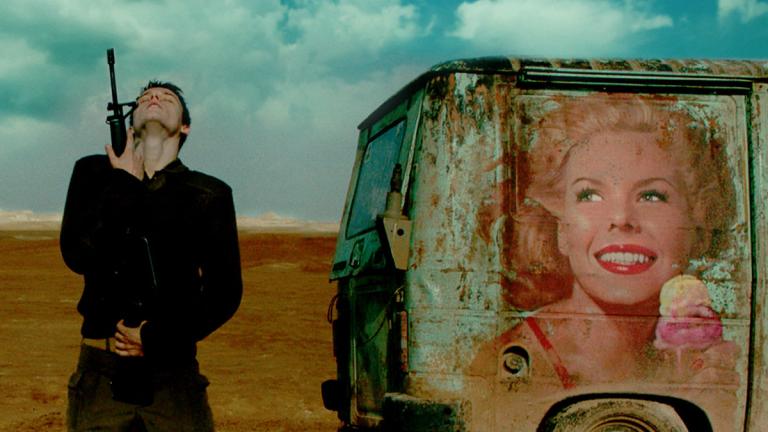
12. Foxtrot — A brilliant three-part exploration of life on the Israeli/Palestinian border with all the painful and absurdist realities of war we imagine. Director Samuel Maoz offered this moving rationale for his cautionary tale, “If I criticize the place I live, I do it because I worry. I do it because I want to protect it. I do it from love.”
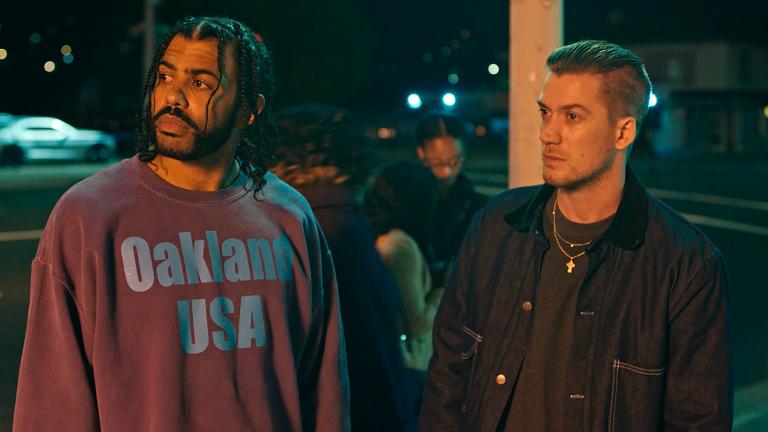
11. Blindspotting — Oakland’s other outstanding film from 2018 (along with Black Panther and Sorry to Bother You). A frank exploration of how friendship can overcome the perils of incarceration, gentrification, and police violence from writers/actors Daveed Diggs and Rafael Casal and first-time feature filmmaker Carlos López Estrada.
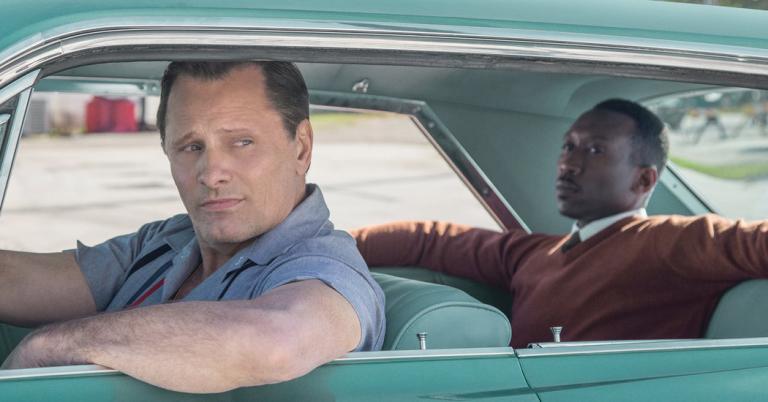
10. Green Book — A deeply satisfying inversion of Driving Miss Daisy as Viggo Mortensen’s tough Italian driver gets schooled by the refined musicality of Mahershala Ali during a jazz tour through the pre-Civil Rights South. Loosely based on the true story of “Tony Lip” Vallelonga and pianist Don Shirley.
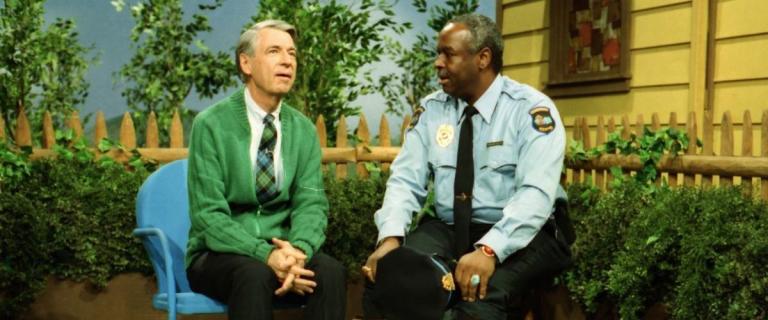
9. Won’t You Be My Neighbor? — The kindness and decency of Mr. Rogers can melt even the hardest hearts. No cinematic tricks are needed to convey how Fred Rogers’ PBS television ministry remains a bold, Christ-like, counter-cultural force even 50 years later. Bring your Kleenex—tears will be shed.
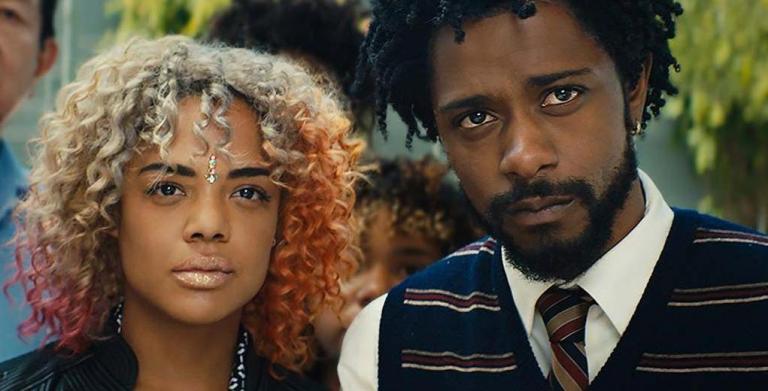
8. Sorry to Bother You — Oakland rapper Boots Riley takes on tech titans and the entire capitalist system in this savage satire that manages to connect telemarketers, code-switching, and Google’s monopolizing. Lakeith Stanfield and Tessa Thompson engage in some weird, wild, political performance art.
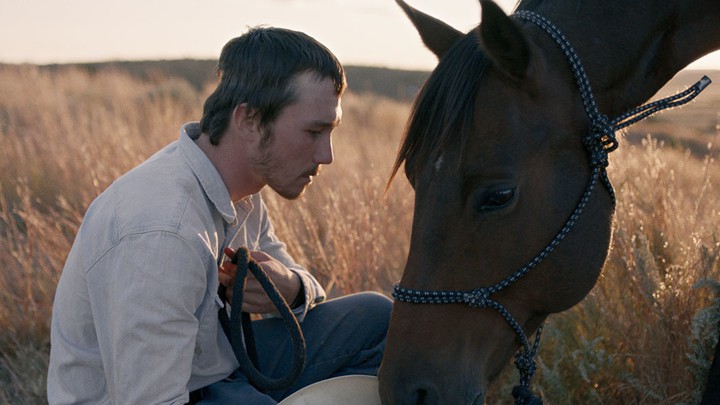
7. The Rider — Director Chloe Zhao chronicles what happens outside the rodeo ring in this painful and healing portrait of American manhood today. A strong, nearly silent affirmation of riding life out no matter how hard the bull or the circumstances kick.
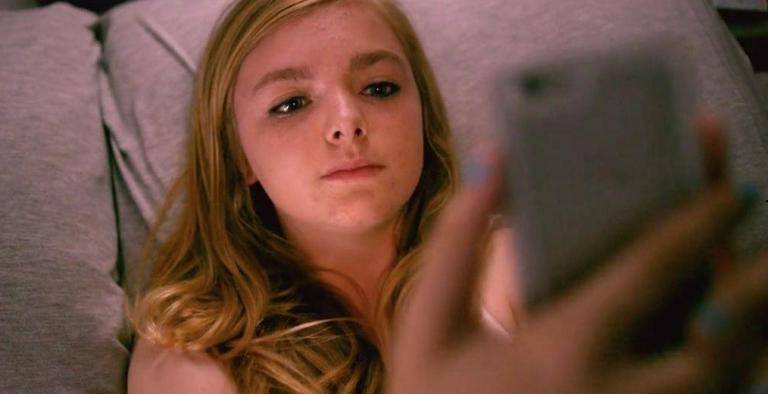
6. Eighth Grade — Laugh until it hurts in this poignant peek into an exceptionally awkward age. Bo Burnham brings profound pathos to the plight of tween girls (and their fathers). Actor Elsie Fisher deserves some kind of special Oscar for her fearlessness.
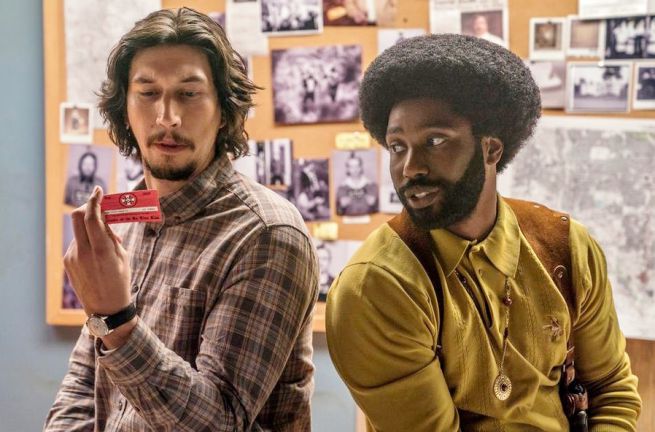
5. BlackKklansman — A crackerjack undercover cop story and a searing exploration of how racism is passed on from generation to generation. Spike Lee connected resistance to black empowerment from the ‘60s up through the recent murder in Charlottesville. We sat in stunned and reverent silence afterwards.
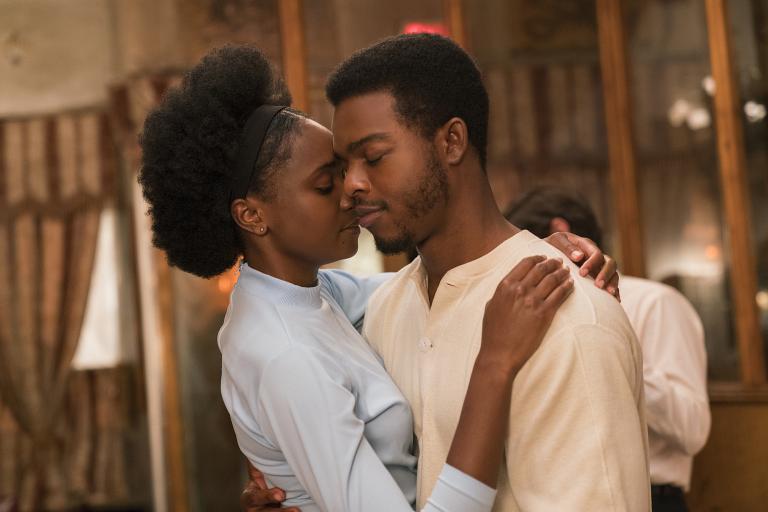
4. If Beale Street Could Talk — The camera aches and swoons alongside the young lovers in ‘70s New York. Such a rich demonstration of the power of the African American intellectual tradition, from James Baldwin’s words to Nina Simone’s music through the direction of the brilliant Barry Jenkins. A timeless and heartbreaking commentary on the ongoing incarceration of black men.
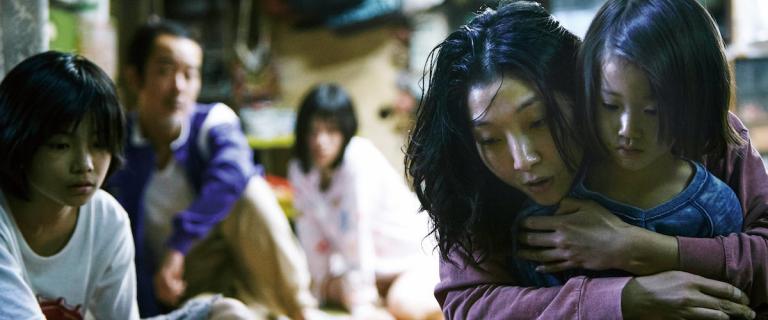
3. Shoplifters — A warm, deeply humane portrait of family as well as a scathing critique of how Japan tosses aside far too many citizens. Hirokazu Kore-eda shows us how love can transcend biological ties and defy social mores. For those who have eyes to see…
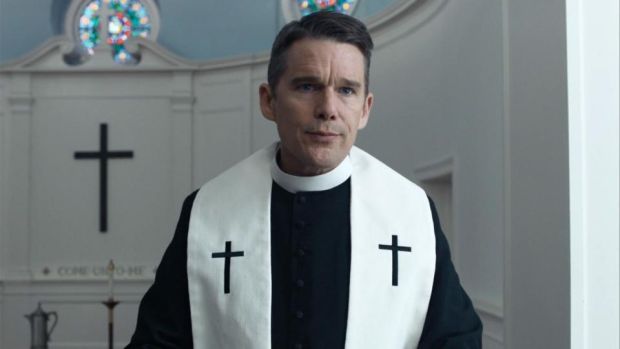
2. First Reformed — Filmmaker Paul Schrader fuses the ominous dread of Taxi Driver with the spiritual longing of Diary of a Country Priest in this astonishing realization of his Transcendental Style. As a tortured pastor, Ethan Hawke ponders the vexing question, “Can God forgive us for what we’ve done to this world?” Austere and demanding.
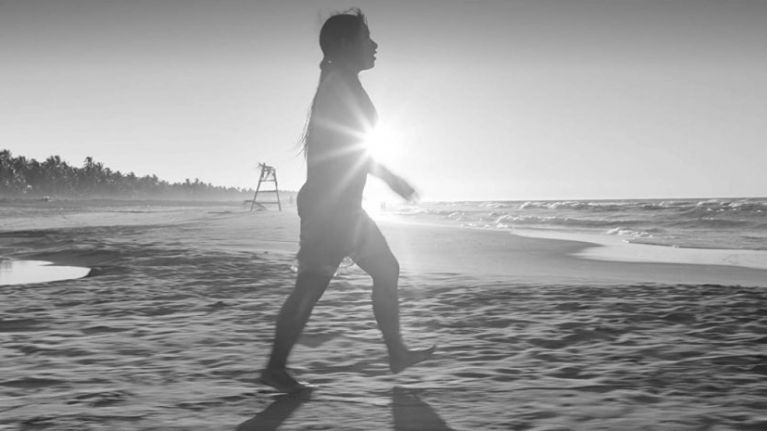
1. Roma — Bracingly beautiful reminiscence of growing up in Mexico City by Alfonso Cuarón with four or five fully realized, instantly classic scenes. Instead of the usual childhood from the filmmaker’s perspective, we see life through the lens of a family’s live-in housekeeper, Cleo (played by Oaxacan actress Yalitza Aparicio). Cuaron merges Italian neo-realism with the long, master shots of Andrei Tarkovsky to create this utterly original cinematic event. Compassion abounds in every dreamlike frame.


